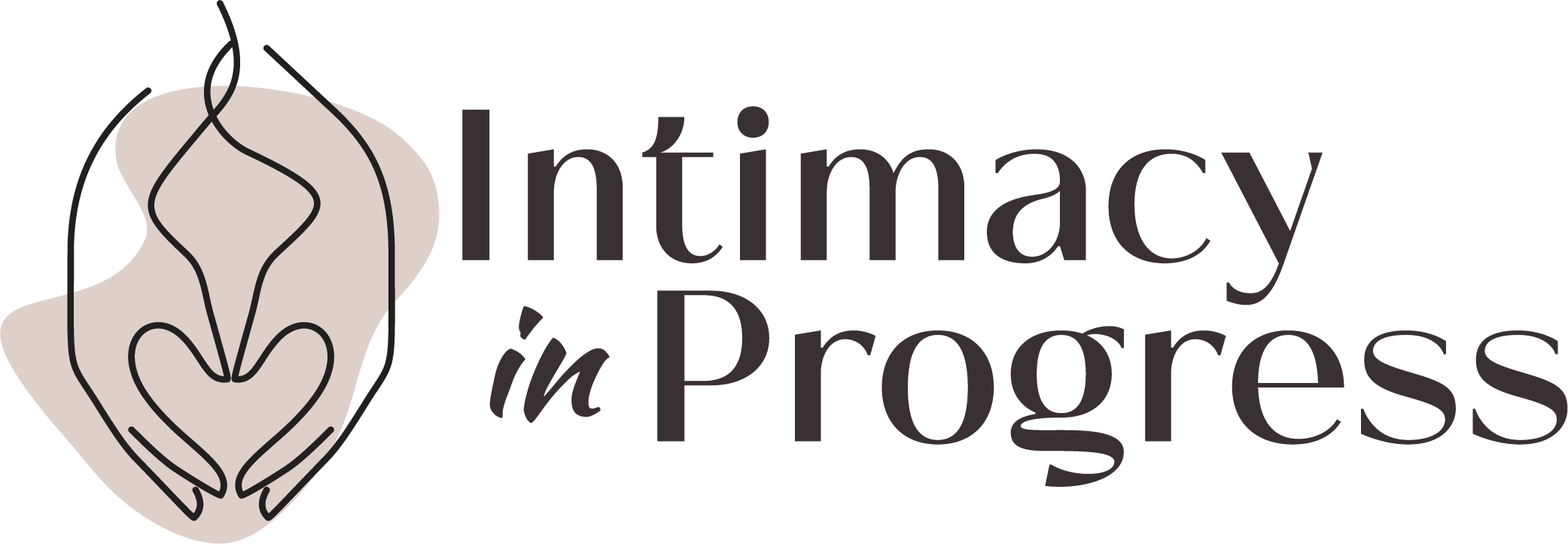One pattern I see time and time again in relationships—whether you’re dating, married, or somewhere in between—is defensiveness. It’s one of those sneaky behaviors that feels protective in the moment but can slowly chip away at the foundation of a connection over time.
Let me paint the picture. You’re minding your business, enjoying your day, and out of nowhere your partner says something about you—something that catches you off guard. Maybe it’s feedback, a concern, or even a gentle observation. And suddenly, there it is. That knee-jerk reaction. You feel yourself tense up. You’re on defense. Maybe you fire back, maybe you shut down, but either way, you’re no longer in a space of openness or connection. Sound familiar?
You’re not alone. Even as a psychologist, I’ll be the first to admit—I haven’t unlocked the secret to eternal inner peace or perfect emotional regulation. Defensiveness is human. It makes sense. It’s often a reflex to perceived threat, a way to shield our ego, to protect our sense of self. But when defensiveness becomes chronic, it does more than just protect—it isolates.
Here’s what I want you to really hear: if defensiveness becomes a pattern, it becomes a relationship saboteur. It blocks growth. It stops communication. And it sends a message—intentional or not—that there’s no room for your partner’s experience or voice.
If you consistently meet your partner’s feedback with resistance, what you’re communicating (even subconsciously) is: “I’m not the problem. I never am.” That mindset often plays out in a few ways:
- You constantly feel like the victim, regardless of the scenario.
- You believe your partner is always the one at fault.
- You respond to requests for compromise by digging through your emotional archives, ready to point out every past contradiction or shortcoming.
- You avoid accountability by rerouting the conversation back to your partner’s perceived mistakes.
What ends up happening is that your partner begins to feel like they’re talking to a wall. Like they’re outside a bubble they can’t enter. They want closeness, they want to grow with you—but defensiveness builds a barrier, not a bridge.
Over time, this creates what I like to call a relationship traffic jam. The flow of communication slows. Conversations stop being collaborative and start becoming combative. Defensiveness replaces curiosity. Connection is lost in the chaos.
Here’s the truth: relationships can’t thrive where defensiveness lives unchecked. Because true connection requires vulnerability. It requires listening—not with the intent to react—but with the intent to understand.
So if any of this resonates with you, I want you to know two things:
- There’s nothing “wrong” with you for having defensive moments. It’s normal. But there’s a difference between a moment and a pattern.
- You don’t have to navigate this alone. If you’re noticing these patterns in your relationship and you’re ready for change, there’s room for you on my virtual couch. I offer a safe, supportive space to unpack these dynamics and build healthier ways of relating.
You can visit my website for more resources, or reach out if you’re ready to begin the work. Growth is always possible—and it starts with awareness.
Link to Video: https://www.tiktok.com/@intimacyinprogress/video/7482958342311169326





